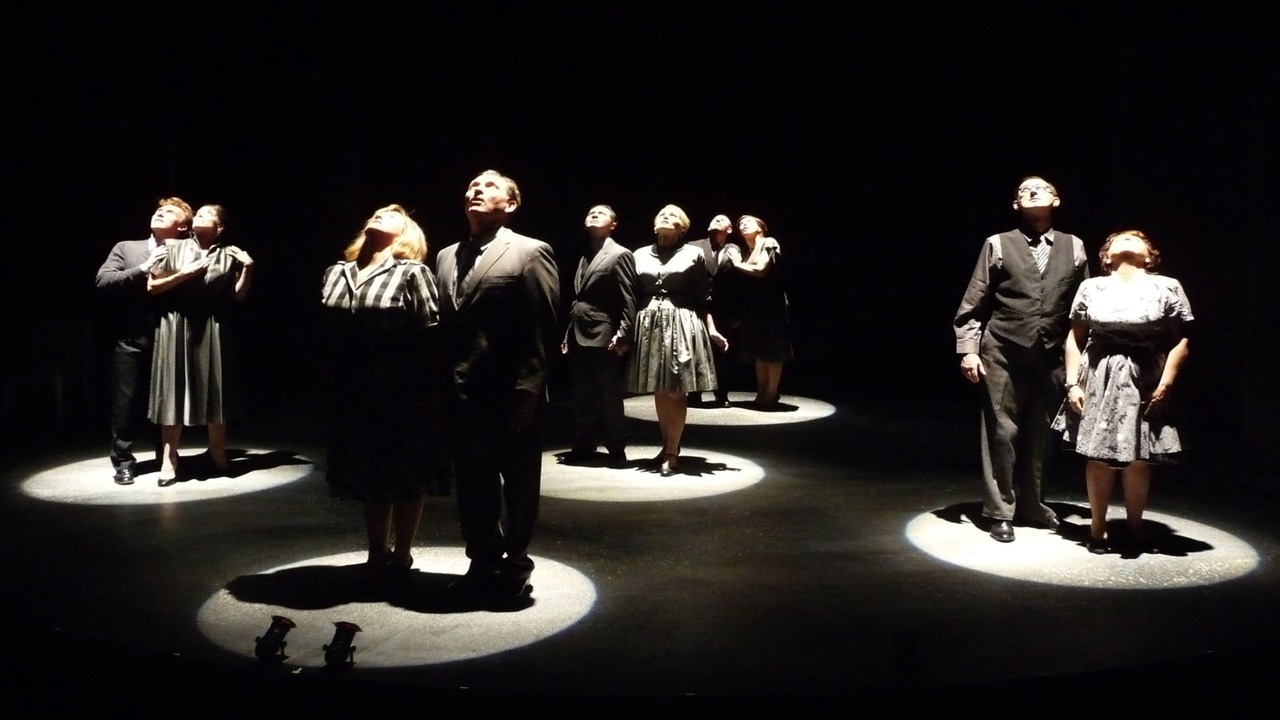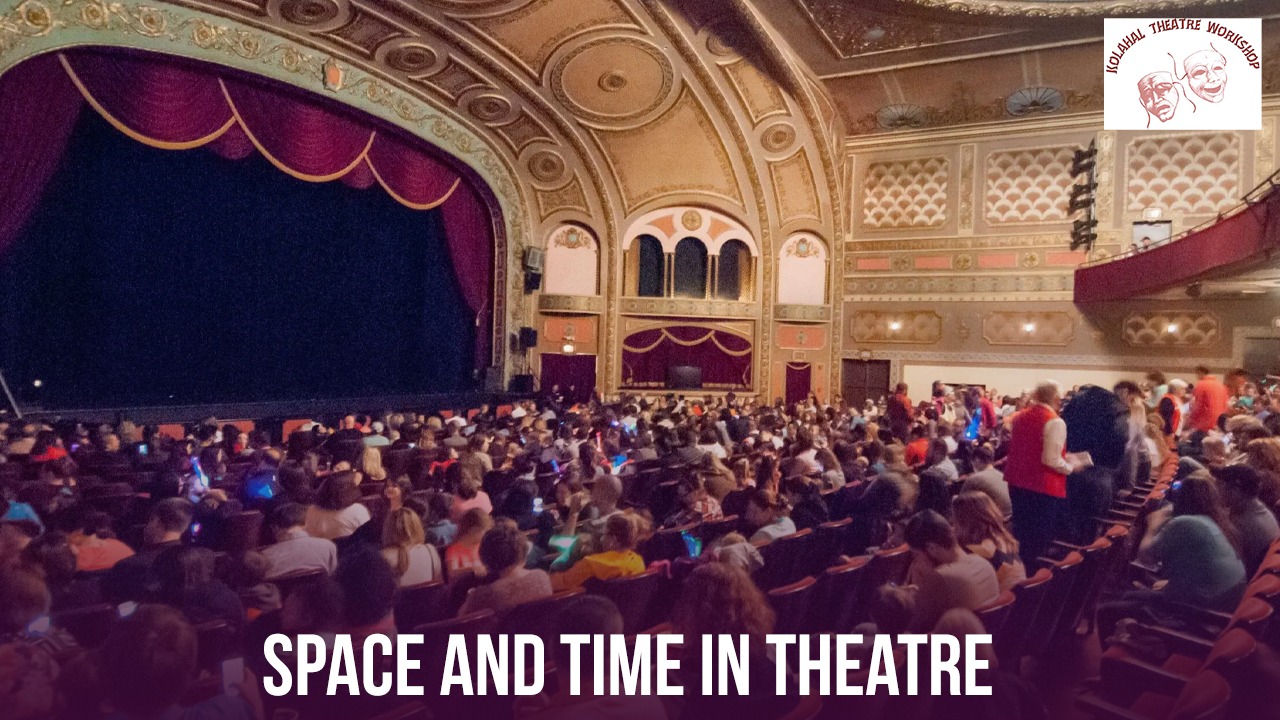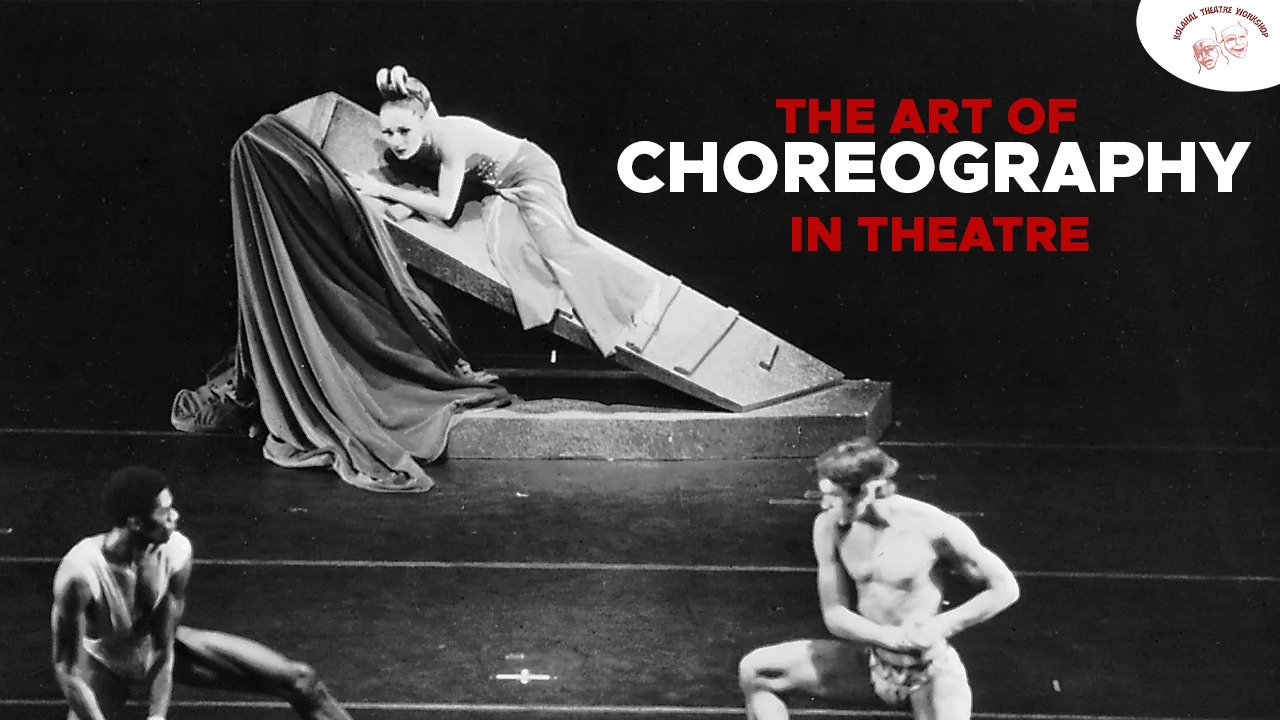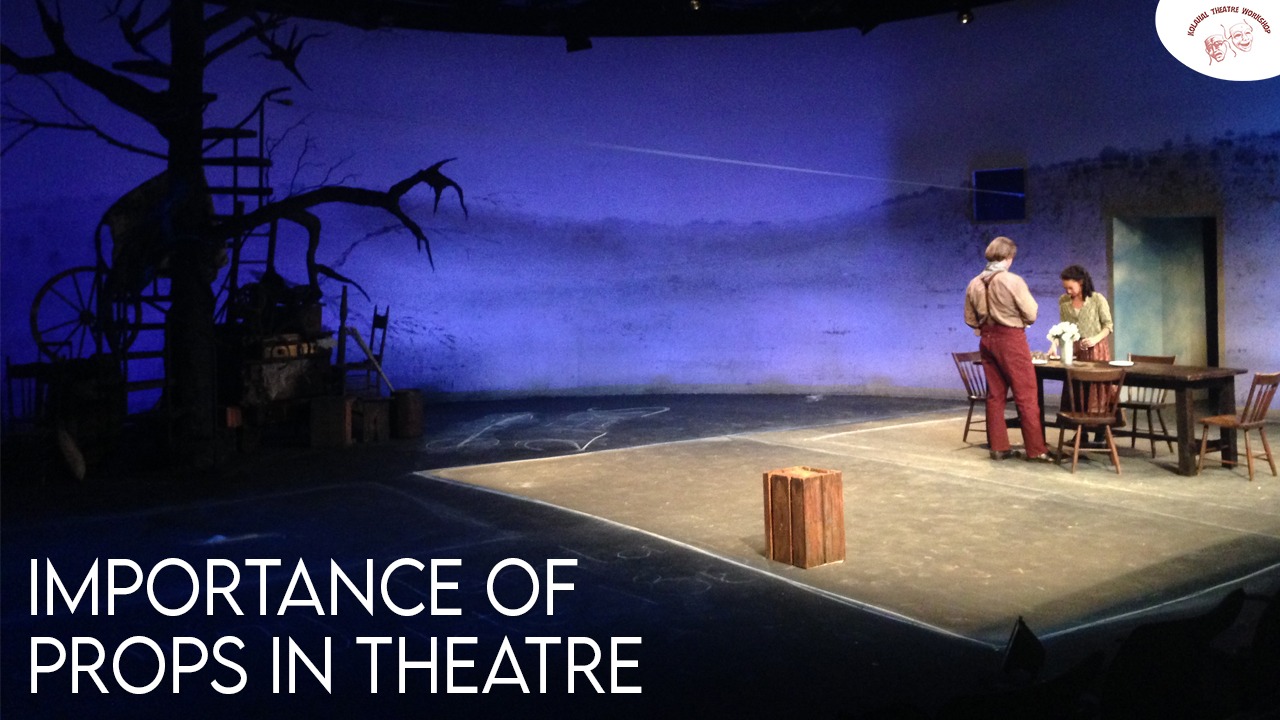The Art of Improvisation in Theatre: Unleashing Creativity on Stage
Introduction:
Improvisation in theatre is a dynamic and captivating art form that requires actors to think quickly, collaborate effectively, and unleash their creativity on stage. It is a spontaneous and unscripted performance that can be both entertaining and thought-provoking for audiences. In this article, we will explore the significance of improvisation in theatre and how it enhances the overall theatrical experience.
Significance of improvisation:
One of the key aspects of improvisation is its ability to foster creativity among actors. When performers engage in improvisational exercises and scenes, they are challenged to think outside the box, explore new ideas, and take risks in their performances. This process not only enhances their acting skills but also encourages them to tap into their imagination in ways that scripted performances may not allow. As a result, improvisation can lead to more authentic and engaging performances that resonate with audiences on a deeper level.
Improvisation also plays a crucial role in developing strong ensemble skills among theatre practitioners. Collaborative improvisation exercises require actors to listen actively to each other, respond in the moment, and build upon each other’s ideas. This collaborative process fosters trust, communication, and teamwork among ensemble members, creating a cohesive and harmonious stage presence. The ability to improvise together seamlessly can elevate a production and create memorable moments that capture the essence of live theatre.
Furthermore, improvisation adds an element of spontaneity and unpredictability to theatrical performances. While traditional scripted plays follow a predetermined narrative, improvisational theatre allows for unexpected twists and turns that keep both performers and audiences on their toes. This element of surprise can inject energy and excitement into a production, making each performance unique and memorable.
In addition to its artistic merits, improvisation can also serve as a valuable tool for actors to hone their craft. By practicing improvisational techniques, actors sharpen their quick thinking, emotional range, and ability to adapt to different scenarios. These skills are not only beneficial on stage but also in auditions, rehearsals, and real-life situations where spontaneity and flexibility are required.
Improvisation as an acquired skill:
It is important to note that while improvisation may seem spontaneous, it often involves structured techniques and training. Improvisation classes and workshops provide actors with a safe space to explore improvisational skills, learn from experienced instructors, and refine their abilities over time. Through regular practice and feedback, actors can build confidence in their improvisational prowess and apply these skills effectively in performance settings.
Conclusion:
In conclusion, improvisation in theatre is a multifaceted art form that enriches the theatrical experience for both performers and audiences. From enhancing creativity and ensemble collaboration to adding spontaneity and depth to performances, improvisation plays a vital role in the world of theatre. By embracing the principles of improvisation, actors can unlock new levels of artistic expression and create compelling moments that resonate long after the final curtain call.




